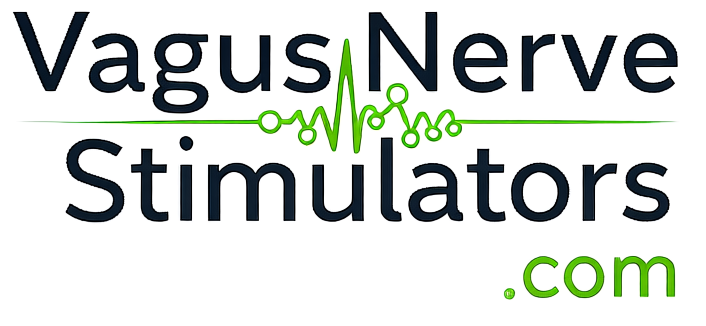
Exploring the Benefits and Functionality of Vagus Nerve Simulators: A Comprehensive Guide
Introduction: In recent years, the medical field has seen a surge in the development and utilization of innovative technologies aimed at improving health outcomes and enhancing quality of life. One such advancement gaining traction is the use of vagus nerve stimulators (VNS). In this article, we delve into the intricacies of VNS technology, its applications, benefits, and potential impact on various medical conditions.
Understanding Vagus Nerve Stimulation: The vagus nerve, a key component of the autonomic nervous system, plays a crucial role in regulating numerous bodily functions, including heart rate, digestion, and inflammation. Vagus nerve stimulation involves the delivery of electrical impulses to this nerve, typically through a device implanted in the body.
Applications of Vagus Nerve Stimulators:
- Epilepsy Management: VNS has been FDA-approved as an adjunctive therapy for reducing the frequency and severity of seizures in individuals with epilepsy who are not adequately controlled by medication alone.
- Depression Treatment: Research suggests that VNS may offer relief for treatment-resistant depression by modulating neural pathways associated with mood regulation.
- Migraine Relief: Preliminary studies indicate that VNS holds promise in alleviating migraine symptoms, although further research is needed to establish its efficacy.
- Inflammatory Disorders: Vagus nerve stimulation has shown potential in dampening inflammatory responses and may hold implications for conditions such as rheumatoid arthritis and inflammatory bowel disease.
Benefits of Vagus Nerve Stimulation:
- Non-Invasive: VNS therapy can be administered non-invasively through external devices, offering a less invasive alternative to surgical implants.
- Customizable Treatment: The intensity and frequency of VNS therapy can be adjusted to suit individual patient needs, allowing for personalized treatment plans.
- Fewer Side Effects: Compared to pharmacological interventions, VNS therapy is associated with fewer systemic side effects, enhancing patient tolerability.
- Vagus Nerve Stimulators
- Vagus Nerve Stimulation
- VNS Therapy
- Epilepsy Management
- Depression Treatment
- Migraine Relief
- Inflammatory Disorders
- Non-Invasive Treatment
- Personalized Therapy
- Side Effects of VNS
Conclusion: Vagus nerve stimulators represent a promising avenue in the realm of medical technology, offering novel therapeutic options for a range of neurological and inflammatory conditions. As research continues to unfold, the full potential of VNS therapy in improving patient outcomes and quality of life will likely become increasingly evident. With its non-invasive nature, customizable treatment parameters, and favorable side effect profile, VNS stands poised to make a significant impact in the field of neuromodulation and beyond.
